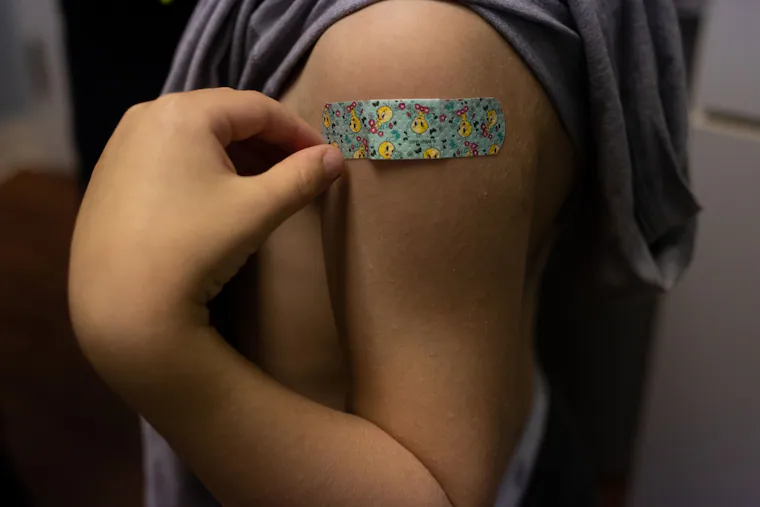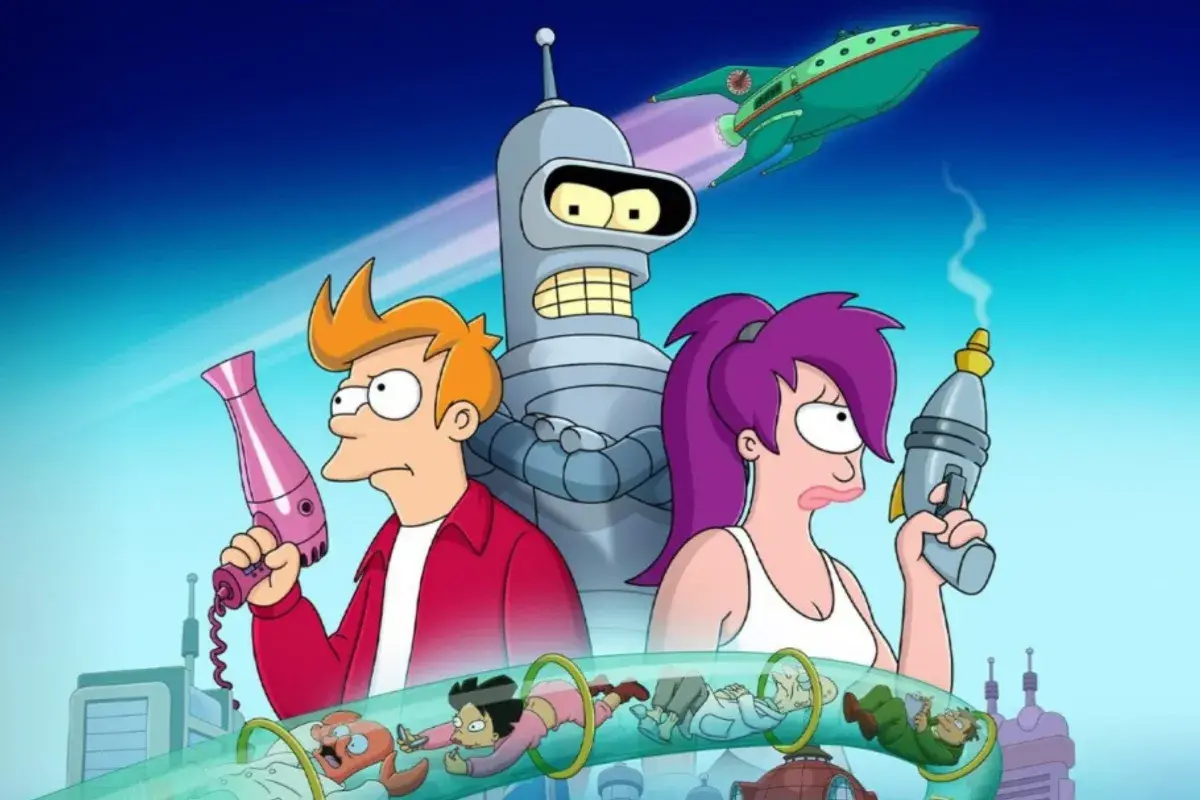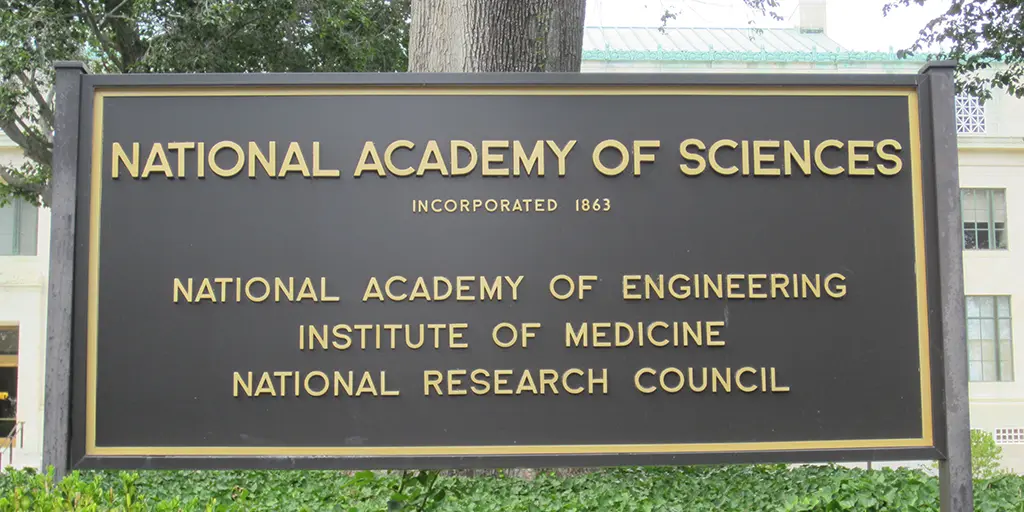
I cannot stop hearing the words of Robert F. Kennedy Jr. at the recent congressional hearings on health: that there are “no safe and effective vaccines.”
In the seven months he has been secretary of the U.S. Department of Health and Human Services, Kennedy has fired all 17 members of the Advisory Committee on Immunization Practices, whose primary role is to make recommendations to the entire nation regarding vaccines, and has now just removed the head of the Centers for Disease Control and Prevention after four weeks on the job. And that’s not to mention his withholding $500 million for mRNA research, which just saved us from the COVID-19 pandemic.
I am a primary care physician. I see nearly 4,000 patients every year, mostly in 15-minute increments. Yes, this is the standard. Now, in addition to handling my patients’ diabetes, heart disease, and hypertension, helping them get approval for the drugs they need through their insurance policies, filling out their forms for missed work, and, of course, simply listening to the stressors in their lives, I need to spend extra precious minutes explaining why vaccines will not harm them.
“Well, I heard on the news,” or “My friend saw an article stating that we shouldn’t get vaccines,” is the usual response. And now to hear the head of the nation’s health policy promoting his junk science is not only infuriating but harmful. Now my colleagues and I are fielding multiple calls from patients confused over where they can even get the vaccine, and if a prescription is needed.
There is one tenet in healthcare that nearly everyone agrees with, likely including RFK Jr., which is that the way to achieve better health is through primary prevention. In short, your family doctor. That is me. Unfortunately, primary care physicians are in limited supply, and this will only get worse as baby boomers age. We all know how difficult it can be to get an appointment with your doctor. There is a great push to use other health professionals, such as nurse practitioners and physician assistants, but none of this will replace the four years of medical school and three-plus years of postgraduate training of a physician.
We mustn’t be fooled by the fear tactics and disinformation.
When our current administration chips away at the integrity of our most trusted institutions, the CDC and National Institutes of Health, and even science itself, it threatens great harm to all of us. This unwarranted skepticism trickles down to trust in doctors, as patients question if we are working for the insurance company, if the drugs we prescribe can be trusted, or if scientists have ulterior motives when they come out with their studies. And, of course, they question whether vaccines are safe.
I am in no way implying that all of us should not do our research and question the safety of anything we put into our bodies, but if the public loses confidence in its scientists and physicians, we will all pay dearly We have already seen the biggest rise in measles since the 1960s cause several deaths, and now the state of Florida is pushing to remove the mandate for all childhood vaccines.
In primary care, the doctor-patient relationship is sacrosanct. Years of trust establish a bond that enables patients to feel confident in their treatment plans. When the well-established safety of vaccines and medicines is questioned, it drives a wedge between the physician and patient. My colleagues and I feel this every day. As a result, only about 30% of medical school graduates pursue a career in primary care.
Questioning your physician is smart. Researching your illnesses and medications is, again, very important. But we mustn’t be fooled by the fear tactics and disinformation. We should shout out loudly when our most revered physicians are removed from the CDC and the NIH because they are following scientific protocol.
All of this is harming the patients, the community, and yes, your doctor.
Trust me.



